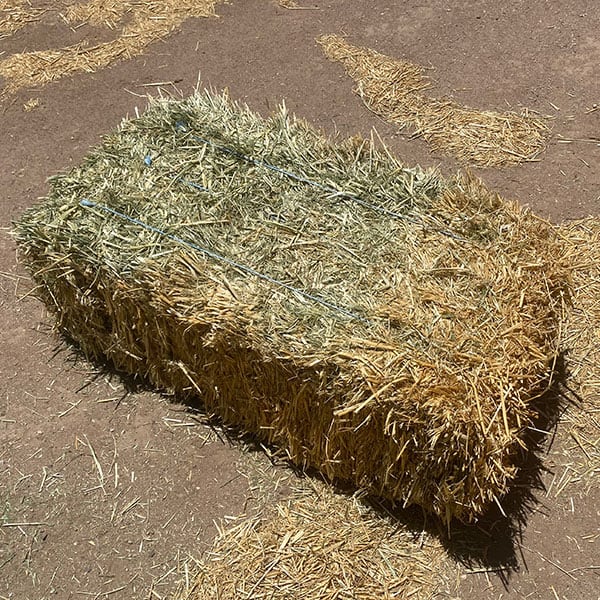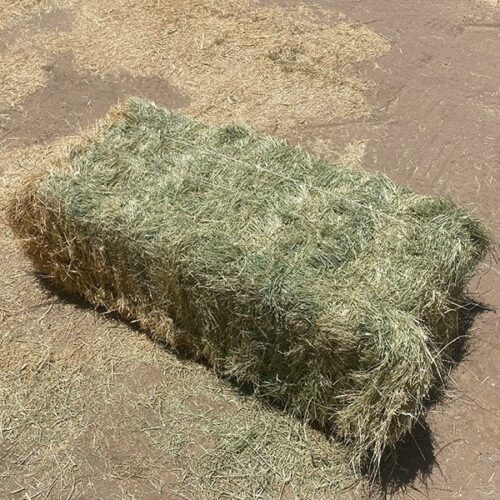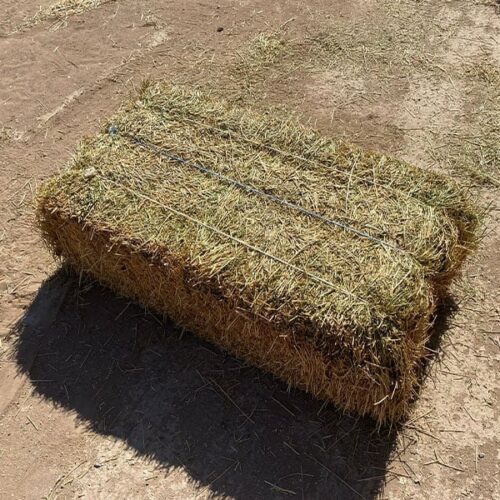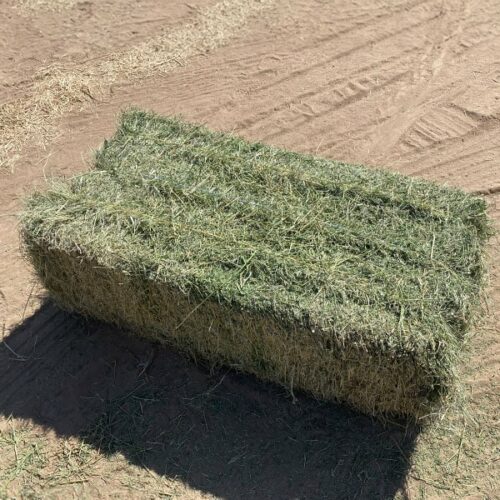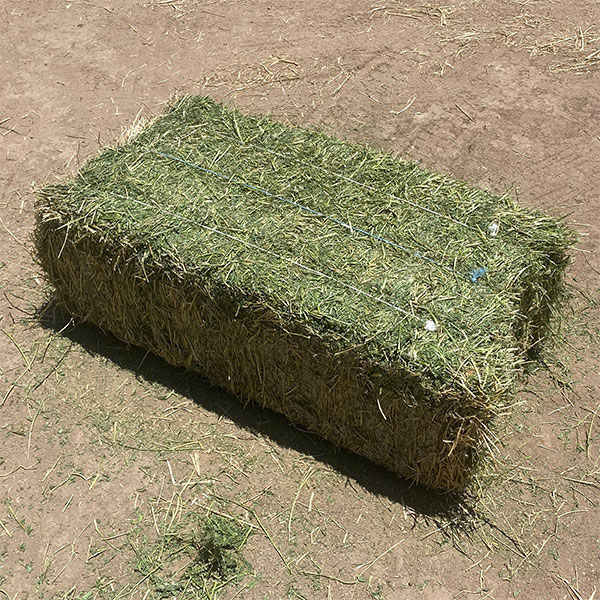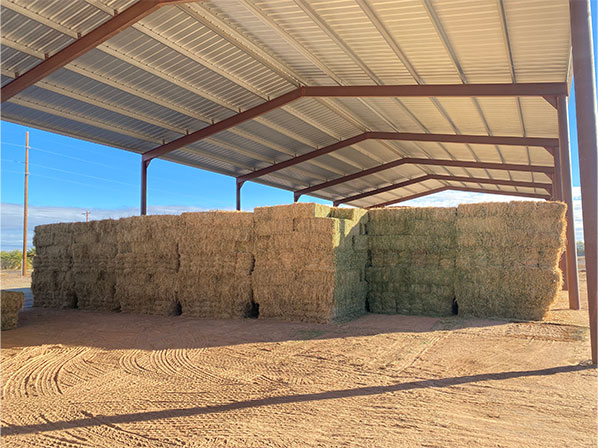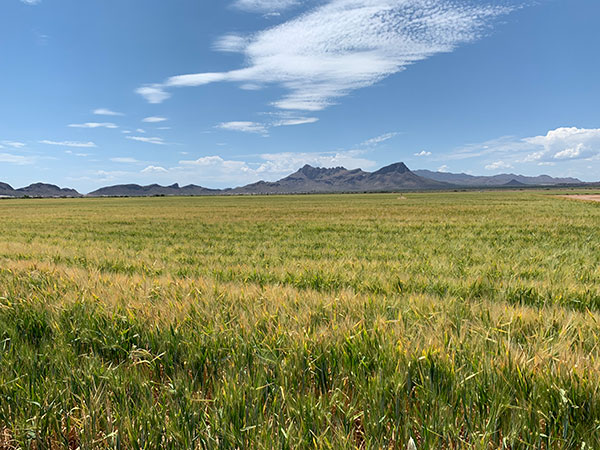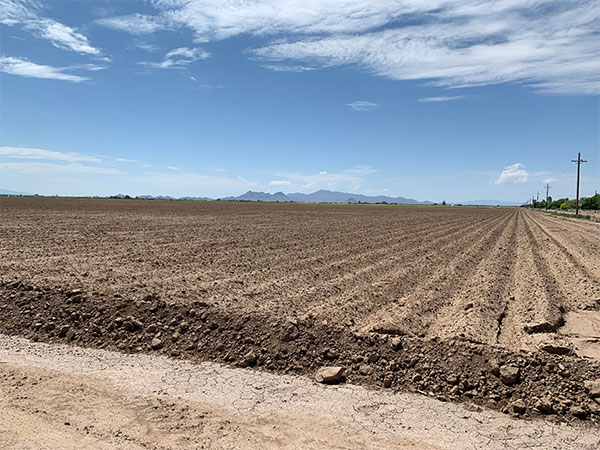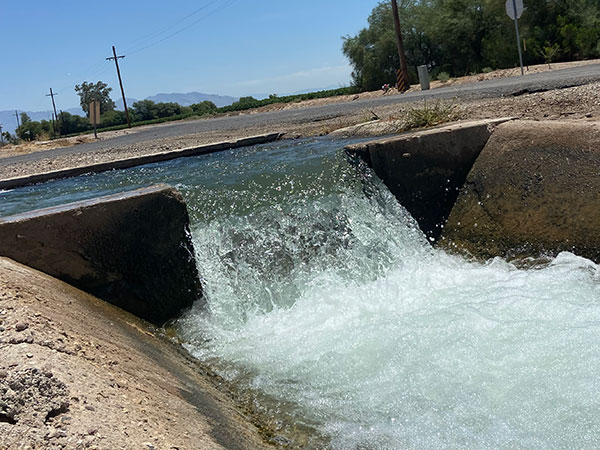- 3 String Bale
- 100-120 lbs.
- Dairy cows, beef cattle, sheep, goats, and poultry.
Triticale
$15.00
Out of stock
Out of stock
Description
Triticale hay is a forage crop that is a hybrid of wheat and rye. Its nutritional value can vary based on factors such as the stage of growth when it was harvested, soil conditions, and climate. Here are some general characteristics of the nutritional value of triticale hay:
- Protein: Triticale hay typically contains a moderate level of protein, usually in the range of 8-14%. The protein content can vary depending on factors such as maturity at harvest and growing conditions.
- Fiber: Triticale hay provides a source of dietary fiber, with fiber content typically ranging from 25% to 35%. Fiber is important for proper digestion in animals and can help maintain healthy rumen function in ruminants like cattle and sheep.
- Energy: Triticale hay can provide a moderate amount of energy due to its carbohydrate content. However, it may not be as energy-dense as other forages or grains.
- Calcium and Phosphorus: The calcium and phosphorus content in triticale hay can vary, but it is generally considered to have a more balanced calcium-to-phosphorus ratio compared to some other forages like alfalfa, which can be advantageous for maintaining a proper mineral balance in the diet.
- Vitamins and Minerals: Triticale hay contains various vitamins and minerals, including vitamin A, vitamin D, and essential trace minerals like iron, manganese, and zinc.
The specific nutritional content of triticale hay can be influenced by factors such as the triticale variety, stage of maturity at harvest, and the region in which it was grown. It’s important to have the hay tested for its specific nutritional content, especially if you are feeding it to livestock. This allows you to adjust the diet to meet the nutritional requirements of your animals.
Triticale hay can be a valuable forage option for livestock, including cattle and sheep, especially when high-quality forages like alfalfa or other grass hays are less available. To ensure the best nutrition for your animals, consult with a veterinarian or livestock nutritionist to assess the specific needs of your livestock and determine how triticale hay can be effectively incorporated into their diet.

